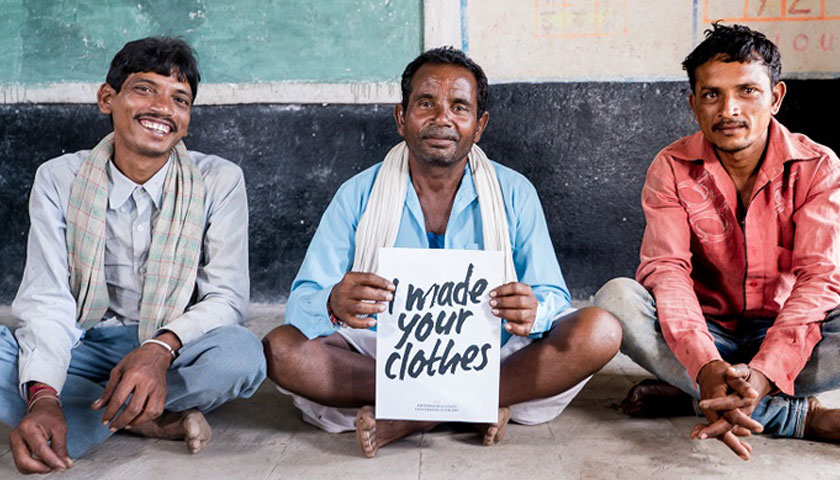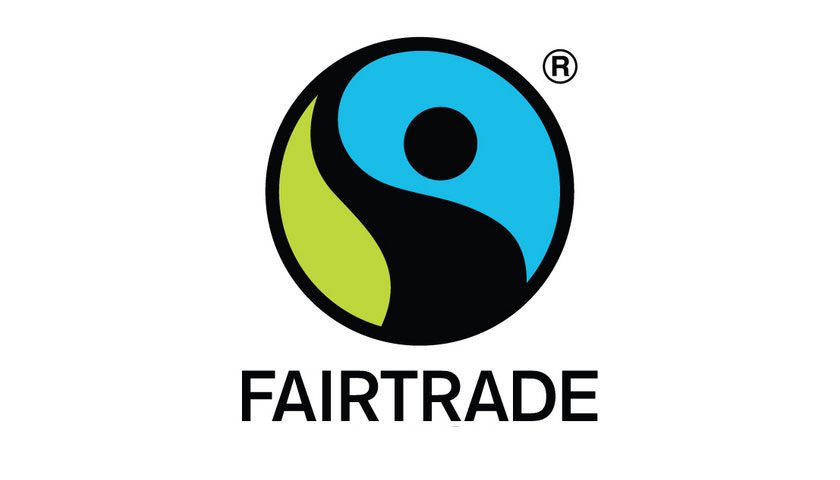Delegates at a high-profile conference on sustainability called on the world’s top fashion brands and retailers to include sustainably sourced cotton into their fibre strategy. Extreme poverty that lies at the heart of so many of the fashion industry’s social issues can only be tackled if brands commit to souring the fibre responsibly and at scale.
The call to arms came from Chessa Nilsen, Senior Buyer and Sustainability Manager at leading European menswear chain Dressmann, during the Textile Exchange Sustainability Conference in Milan. Chessa Nilsen highlighted Dressman’s recent two-year journey towards sustainability, which resulted in the brand becoming one of the biggest fashion retailers of Fairtrade cotton, and encouraged other industry colleagues to follow suit. She addressed the company’s approach to price and quality, and how Fairtrade certification offers value addition as Dressmann works towards become a responsible retailer.
Other delegates including Subindu Garkhel, Cotton and Textiles Lead at the Fairtrade Foundation, agreed that the systemic problems the industry faces can only be tackled by industry wide solutions. She emphasized that the fashion industry is immensely creative and ever-changing, and has the power to evolve into a positive agent for change. Fairtrade is supporting businesses in many ways to make this journey easier in order to help increase the impact for cotton farmers.
Chessa Nilsen said: “Based on our current sales volumes, we have received the status of the world’s largest fashion buyer and retailer of Fairtrade certified cotton. But we also recognize that on a global scale, we are small, and in order to make an impact on the lives of cotton farmers, more and larger brands need to commit. That’s why we hope that one or more brands will take over our title to help move Fairtrade certified cotton into the mainstream.”
The Norwegian owned menswear chain has 475 stores in 7 European countries and its parent company, Varner, encompasses 8 chains and over 1500 shops. Based on the low-cost retailer’s public commitment to drive real change through volumes, the company chose to convert its entire basic t-shirt range and basic underwear range to Fairtrade cotton. These lines all have high turnover and visibility in-store. In addition, Dressmann launched a range of seasonal products including socks, jeans, sweaters and formal shirts.
By absorbing the price differential themselves, the retailer’s strategy was to continue to offer the same quality of product with an additional value of Fairtrade certified cotton for the same price. The company believed that one aspect of being a responsible retailer was to make sustainably sourced products accessible, not an exclusive luxury commodity.
Nilsen continued: “When we signed the Cotton Communique in 2017, we were ready to fulfil our commitment to sourcing 100% of our cotton from sustainable sources much earlier than the 2025 deadline. We just needed to identify what our options were, and the race was on.
“We decided that we wanted to include Fairtrade certified cotton in our product range because we also felt that it delivered the most value in terms of impact toward making a difference. Also, the Fairtrade certification process gives an extra credibility, that we felt was easy to communicate to the consumer.”
The conference entitled UNITED BY ACTION: ACCELERATING SUSTAINABILITY IN TEXTILES AND FASHION took place in Milan during October 22-24, 2018.

